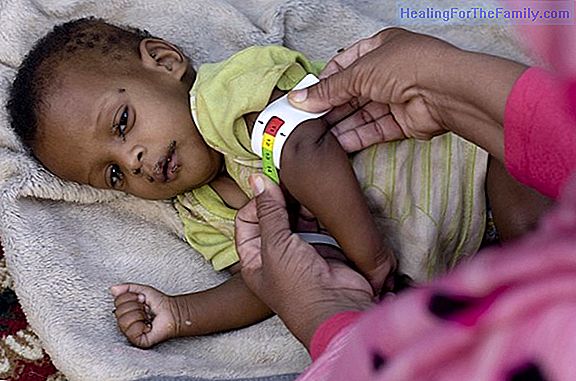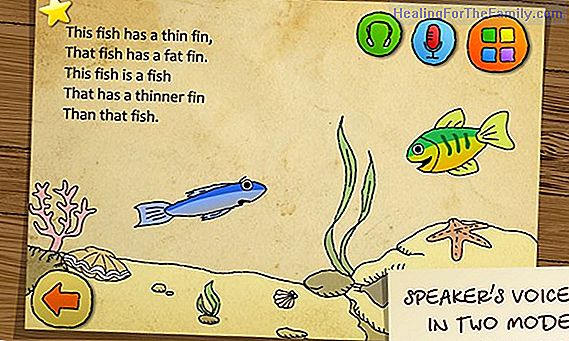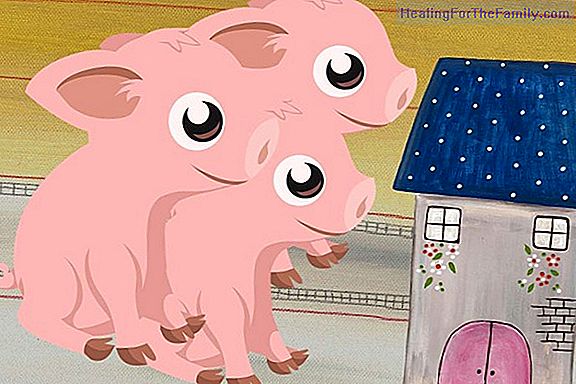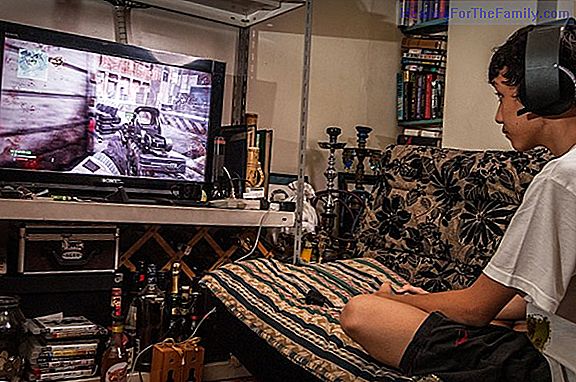The custody of children after separation from parents
The first thing to distinguish is between custody and parental authority, something that is usually confused. Parental authority is always assigned to both parents, since it is the set of rights and obligations that parents have for their children ; that is, its protection, care and development. Cus
The first thing to distinguish is between custody and parental authority, something that is usually confused. Parental authority is always assigned to both parents, since it is the set of rights and obligations that parents have for their children; that is, its protection, care and development.
Custody, however, refers to the habitual coexistence of children with one of the parents, which can be shared between both, only with one of them or assigned to a third party, if the parents can not take care of the child . How to decide who keeps custody of children after separation from parents.
The custody of children in a separation or divorce
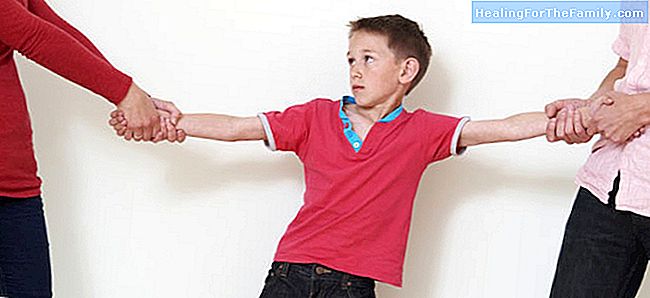
Recently the custody of children was something that was traditionally given to the mother, and few were the parents who requested joint custody, the latter being an exceptional measure . However, recent years have shown that parents are increasingly assuming custody of children requesting joint custody; even so, in more than 80% of the cases it is the mothers who are in charge of the care of the children, and only in 9% the shared custodies are given, and in 7% exclusively to the father, although as already we have said, this is a trend that is changing.
Currently the legislation is different in each country, including in each autonomous community; For example, in the case of Spain, in Madrid, joint custody is an exceptional measure, and by default custody is granted to the mother, while in Barcelona it is the other way around.
At the time of facing this delicate issue, it is always best to reach a prior agreement between the parties for the benefit of the minors.
If this does not happen, the judge will decide which is the best option for the children.
What is that assessment based on?
1- The main thing is not to separate the brothers.
2- If the minors are under 7 years of age, the custody of the children after the separation of the parents,is usually granted to the mother, since she is often the main figure of attachment for the smallest children, therefore, the tendency is for children to follow, as far as possible, their usual life with the person with the greatest attachment.
3- The relationship between parents. Joint custody will not proceed when one of the spouses has attempted against the life, physical integrity, liberty, moral integrity or sexual indemnity of the other spouse or their children, or when the judge notices the existence of domestic violence.
4- The desire of the minors. The judge before granting joint custody, must claim the report of the Public Prosecutor, who is in charge of preserving the rights of the children, and to hear the children over 12 years of age.
5- The relationship that parents have with their children, and their availability with them.
6- The proximity of domiciles, otherwise, shared custody would be unfeasible; although it must be borne in mind that one of the spouses can not unilaterally adopt the decision on the place of residence of the child if it separates it from its habitual environment, the choice of school, or religious orientation.
7- And of course, the effective fulfillment of their duties as parents.
The periodicity of the custody will be established according to each specific case and always in the interest of the minor.


